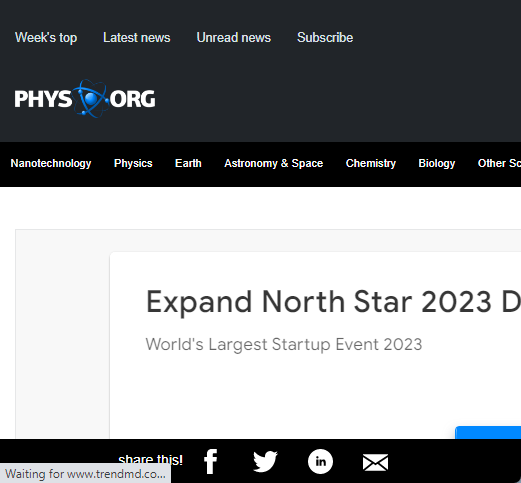A first step to quantum algorithms: Minimizing guesswork in a quantum ensemble
It is not surprising that within a few decades, quantum technology will be commonplace. To usher in the new age of quantum computer, it is important to have a better understanding of classical and quantum information.
Prior to sending classical information over quantum channels, the information must be encoded. Quantum ensembles are used to encode information. Quantum ensembles are a collection of quantum states with their own probabilities. The receiver must ‘guess the state’ of the information sent to accurately receive it. This is a function of cost called \”guesswork.\” Guesswork refers the average number required to accurately guess the state.
It is not new to quantum ensembles that the concept of guesswork was studied extensively in classical ensembles. A research team of Japan, consisting of Professor Takeshi Koshiba from Waseda University Michele Dall’Arno of Waseda University Kyoto University and Prof. Francesco Buscemi of Nagoya University has recently derived analytical solutions for the guesswork problems subject to a set of finite conditions. The guesswork problem is important in many scientific fields that use machine learning or artificial intelligence. \”Our results pioneer an algorithmic aspect to the guesswork Problem,\” says Koshiba. The findings of the study were published in IEEE Transactions on Information Theory.
Source:
https://phys.org/news/2022-03-quantum-algorithms-minimizing-guesswork-ensemble.html

Leave a Reply